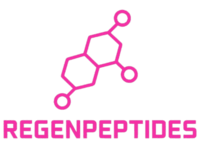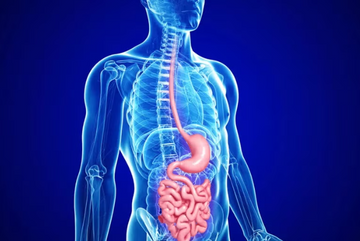Key Points:
-
NAD+ is a molecule required for cellular energy generation.
-
NAD+ is necessary for the function of proteins called sirtuins that help regulate DNA repair and cellular metabolism.
-
NAD+ decline is associated with several age-related diseases, including cardiovascular disease, neurodegenerative disease, and metabolic dysfunction.
Nicotinamide adenine dinucleotide (NAD+) is found in every cell, serving as an essential cofactor — the compounds necessary for the activity of molecular machines (enzymes) — involved in fundamental biological processes.
The problem is that as we age, we see a gradual decline in cellular NAD+ levels. This decline in NAD+ is linked to numerous age-associated diseases, including cognitive decline, cancer, metabolic disease, sarcopenia (age-related loss of muscle mass and strength), and frailty. Many of these diseases can be slowed down or even reversed by restoring NAD+ levels.
Where is NAD+ Found in the Cell?
NAD+ is found in different structures within each cell. It’s found in the liquid that fills the cell (cytoplasm), the cell’s battery packs (mitochondria), and where the cell houses genetic information (nucleus).
How do Cells Make NAD+?
NAD⁺ is constantly synthesized, metabolized, and recycled in the cell to maintain stable intracellular NAD⁺ levels. Some cells, mostly in the liver, can synthesize NAD⁺ from scratch.
How is NAD+ Related to Aging?
NAD+ levels decline with age, altering enzymes involved in its metabolism. This affects key aging-related processes like metabolism, DNA repair, inflammation, and neurodegeneration, and contributes to diseases such as atherosclerosis, arthritis, hypertension, cognitive decline, diabetes, and cancer.
How Can NAD+ Levels be Restored?
NAD+ levels can be restored using dietary precursors like NMN, NR, and NAM, or Lifestyle changes—such as exercise, calorie restriction, a healthy diet, and maintaining a regular sleep-wake cycle—also help boost NAD+. Together, these strategies enhance NAD⁺ levels, supporting better metabolic health, cognitive function, reduced inflammation, and potentially extending health and lifespan.





